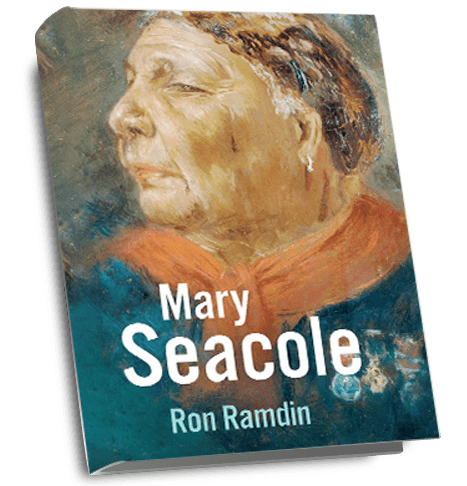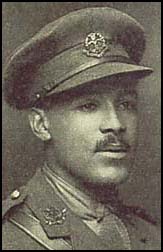
On this year’s Armed Forces’ Day (Saturday 27 June 2020) with most people in lockdown and some still social distancing there are few physical events but many virtual ones have been organised as you will see on the excellent web-site. Please visit at least one this weekend if you have the time or learn about Armed Forces’ Day and prepare for next year: https://www.armedforcesday.org.uk/about/
Reflecting upon the meaning of Armed Forces’ Day and Reserve Forces’ Day earlier this week on Wednesday I thought that this is as much a part of remembrance as it is of appreciating the work that current members of the Armed Forces do, including those supporting their civilian colleagues in the current CoViD-19 crisis, and the dedicated support that their families give to them. It is also about the sacrifice that Veterans and their families gave and many of them are still giving suffering with mental health and social problems. Extend this to those who have died, recently and not so recently, the whole military family and our communities are brought together as a whole. Remembrance is not just for November the 11th!
I then began to think about the memorials to those who served and perished in times of conflict and catastrophe and what they mean. As a serving member of the Army Reserve and a Member of the Kings African Rifles and East African Forces Association (KAR Assoc) Committee, I am passionate about our history and learning lessons from it so that we do not repeat them (to paraphrase Edouardo Santayana). In 2015 the KAR Assoc, alongside other organisations that have an active interest in analysing the history of African soldiers serving the Crown, installed the African Memorial Tribute in Old College Royal Military Academy Sandhurst (RMAS), by kind permission of the Commandant. Because of the wonders of the internet, you can visit the memorial and enjoy the inauguration program here.
This memorial is important because there were no acknowledgements to the important role that African soldiers have played in the service of Britain at RMAS compared with the Indian Army which is well represented. Of course, there are memorials elsewhere including our own Mary Seacole statue in the grounds of St Thomas’ Hospital and the relatively new memorial to Afro-Caribbean service men and women at the Black Cultural Archives in Brixton. We also have a substantial KAR Memorial at the National Memorial Arboretum at Alrewas in South Staffordshire.
But what has this got to do with Walter Tull?
A series of memorials dedicated to Walter Tull were being established in Northampton 100 years following his untimely death as 2nd Lieutenant Walter Tull of the Middlesex Regiment. He was killed on the 25th March 1918 near Arras in Northern France leading his men in a counterattack on a German defensive position for which is Commanding Officer recommended him to be honoured with the Military Cross. He never received one. Questions have been asked why and it is generally believed that it was because he was a black officer and the British Army did not officially commission black soldiers at the time, also, colonial armies and regiments had their own honours and awards which may have added to the rejection. However, Walter Tull has the honour to be the first black officer commissioned in the British Army who led troops in combat. Would Tull have complained had he survived? Probably not as that was the measure of the man who had no time for prejudice but just got on with the job, and cared about his men. His biographer, Phil Vasili wrote Walter an epitaph for the Sixfields Stadium Memorial where he played professional football for Northampton Town before the war which reads: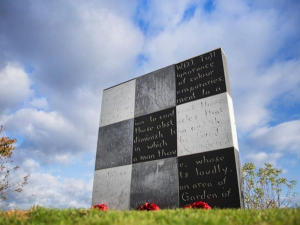
“Through his actions, Tull ridiculed the barriers of ignorance that tried to deny people of colour equality with their contemporaries. His life stands testament to a determination to confront those people and those obstacles that sought to diminish him and the world in which he lived. It reveals a man, though rendered breathless in his prime, whose strong heart still beats loudly.”
As well as the Sixfields Stadium Memorial a road was named after him behind the stadium, a blue plaque was unveiled at Walter’s former home in Northampton, a ward was named after him in Northampton General Hospital’s newly built Nye Bevan Acute Assessment Unit (https://twitter.com/NGHnhstrust/status/959424375823978496 2 Feb 18) and a statue erected outside the town’s Guild Hall. His name appears on the Arras Memorial and in other war memorials in Folkestone where he was born also in Dover and North London to name a few, his influence was so wide.
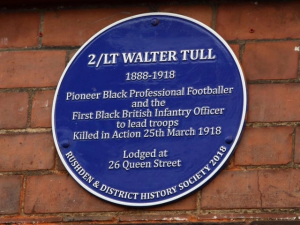 He played 111 matches for Northampton Town having transferred from Tottenham Hotspur following less and less outings which was probably due to the racist taunts that he had to endure from the crowds. Spurs loss was the Cobblers gain but unfortunately, he was one of the first to enlist in the 17th (Football) Battalion of the Middlesex Regiment soon after the outbreak of the First World War.
He played 111 matches for Northampton Town having transferred from Tottenham Hotspur following less and less outings which was probably due to the racist taunts that he had to endure from the crowds. Spurs loss was the Cobblers gain but unfortunately, he was one of the first to enlist in the 17th (Football) Battalion of the Middlesex Regiment soon after the outbreak of the First World War.
During his military service, he fought in six battles including the Somme Campaign in 1916 and rose to the rank of sergeant. He was selected for commissioning by his Commanding Officer who recognised his talent and sent him to Scotland for Officer cadet Training. His intelligence was also recognised when he played for Spurs where the newspapers called him ‘Hotspurs most brainy forward’. He returned to his Battalion to fight on the Italian Front and once led a patrol of 26 men on a raiding party into enemy territory. Surviving that campaign they returned to UK and then to France where Tull was killed aged 29 years.
Click here for a YouTube video walking the ground where Walter Tull was killed in his last action.
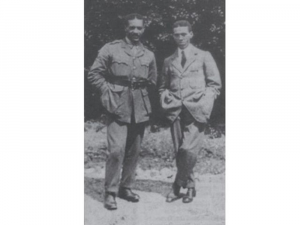 Walter (left) pictured with his brother Edward Tull-Warnock who was adopted by a Glaswegian family and became the first black dentist in the UK.
Walter (left) pictured with his brother Edward Tull-Warnock who was adopted by a Glaswegian family and became the first black dentist in the UK.
To bring this story to its fitting conclusion on this Armed Forces’ Day, the Northampton Chronicle reported in March 2018 that 127 MPs from six different parties signed a letter to the Prime Minister requesting that Walter be honoured with the Military Cross posthumously serving. Tottenham MP David Lammy said:
“Walter Tull is a true British hero and he embodies everything that makes me so proud to be British. I think that everybody in our country should know Walter’s story and the 100th anniversary of his death is the perfect opportunity to right this wrong, recognise his achievements and celebrate his life. His strength and courage in overcoming such bitter prejudice and racism to become a pioneer and a trailblazer in sport and in our armed services serves as an inspiration to us all.”
Northampton Town FC Community Trust deliver Walter Tull educational Workshops in local schools to counter discrimination by promoting equality, diversity and inclusion. Through exciting and engaging activities, they promote conversation and raise understanding around the issues Walter faced, many of which are just as relevant today. Click here for more information.
Considering recent events, and this community recognition, is it time to re-open the debate and to publicly honour this true legend that is Walter Tull?
Colonel David Bates ARRC – Trustee


